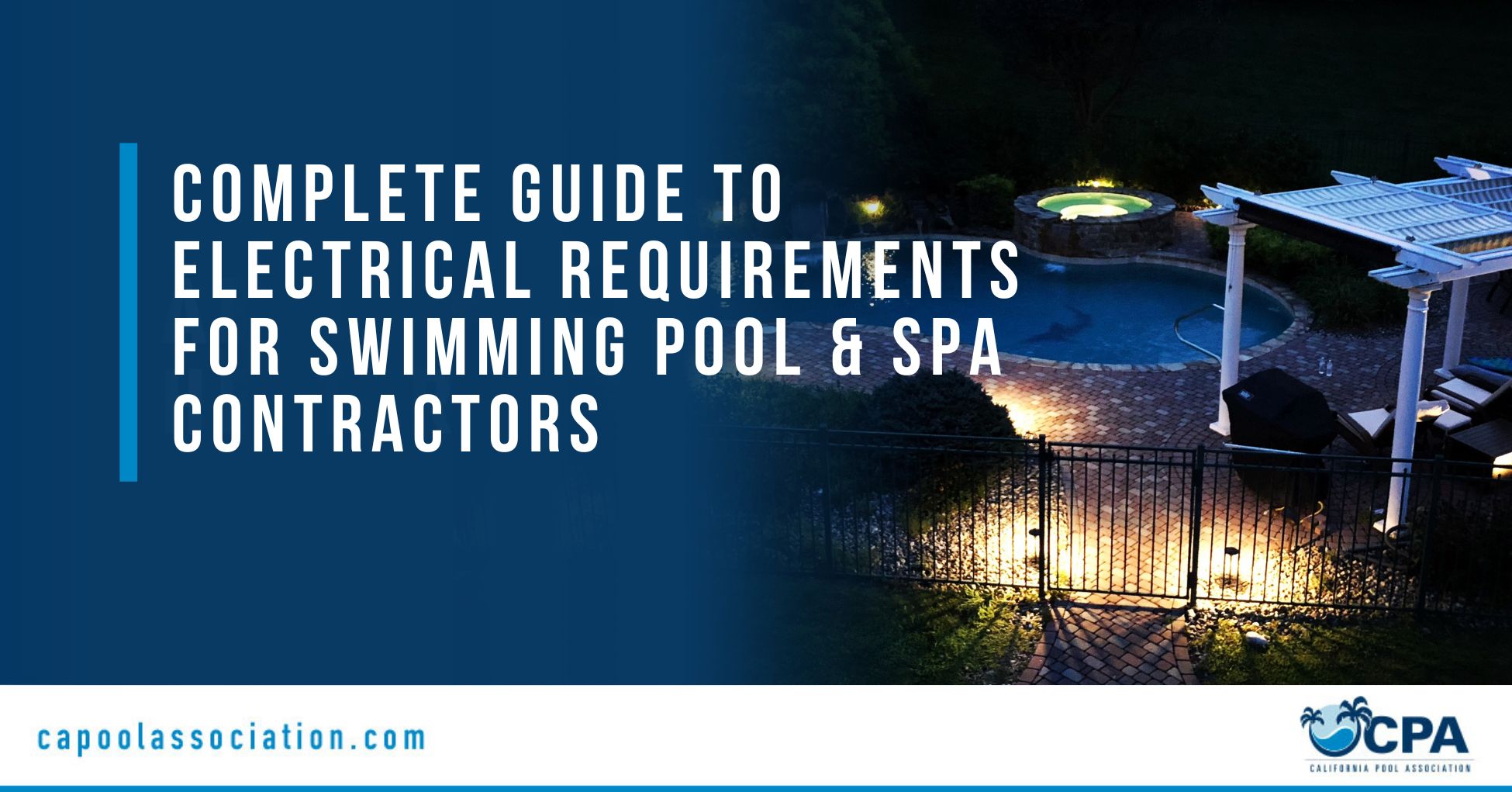
As of August 2025, swimming pools and spas in California must comply with the California Electrical Code (CEC), which mirrors the National Electrical Code (NEC) but includes state-specific amendments. These requirements exist to protect people from electrical shock, fires, and equipment failures. Even small mistakes—like installing outlets too close to the water—can result in tragic accidents or insurance claim denials.
Key requirements include:
In practice, this means pool owners must hire licensed electricians familiar with pool codes, not general contractors who may overlook specialized safety measures.
Underground wiring is one of the most common problem areas found during inspections. Electrical lines must be buried at safe distances and depths to avoid accidental contact during pool maintenance, landscaping, or future construction.
From an insurance standpoint, improper wiring is often considered negligence. If an accident occurs and the wiring was not installed per code, insurers may deny claims entirely.
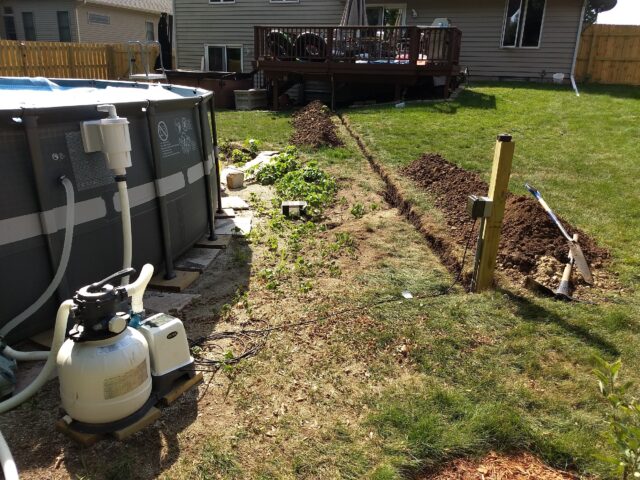
Overhead lines pose a severe electrocution risk if too close to pools or spas. California enforces NEC clearance requirements:
In many cities, building departments will not approve pool construction if overhead clearances cannot be met. This is especially critical in older neighborhoods where power lines may be low-hanging.
A disconnect allows pool technicians, homeowners, or emergency responders to cut power instantly to pumps and filters. The rule is simple: the disconnect must be visible from the pool, but generally at least 5 feet away. This prevents accidental shock while ensuring fast access in emergencies. Insurance adjusters often verify the presence of a proper disconnect when evaluating liability claims.
Improper outlet placement is a frequent cause of failed inspections and is a red flag for insurers assessing liability exposure.
GFCI devices automatically cut power if they sense a current leak. In wet environments like pools, they are essential. In 2025, California requires GFCIs for:
Failure to use GFCI protection has led to numerous electrocution cases nationwide. In lawsuits, lack of GFCI protection almost always results in insurer denial and homeowner liability.
Bonding connects all metallic parts of the pool structure, ladders, pumps, and diving boards into one conductive system. This prevents voltage differences that can shock swimmers. California requires bonding grids for all new pools and major remodels. Insurers frequently request proof of bonding compliance before underwriting high-value homes with pools.
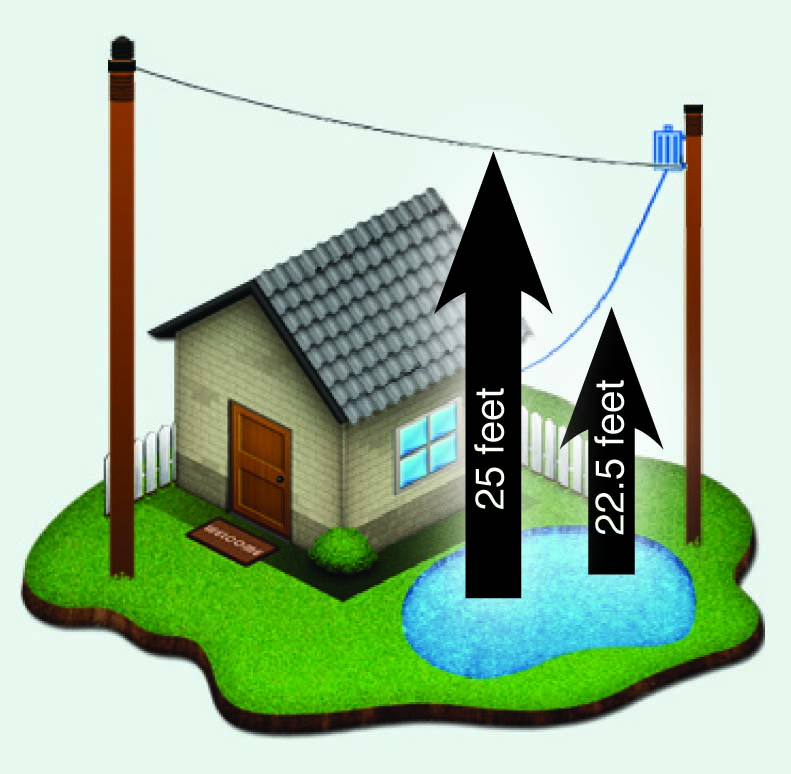
Spas and hot tubs follow similar rules but with unique distance requirements:
Beyond electrical codes, California enforces additional safety measures:
California currently enforces the 2017 NEC, but neighboring states like Nevada and Oregon have already moved to newer versions. This matters for contractors working across state lines—what passes in California may fail elsewhere. By 2026, California is expected to align with the 2023 NEC under its triennial building code adoption.
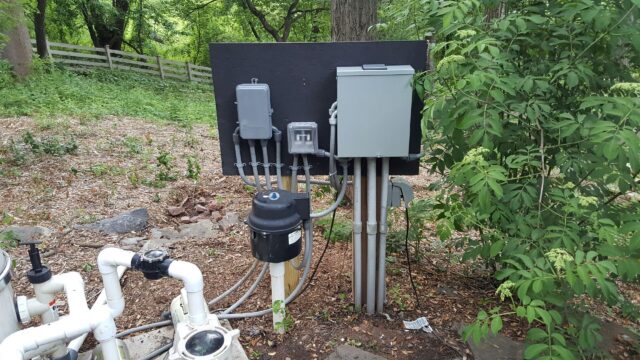
California’s 2025 Triennial Code updates take effect on January 1, 2026. Anticipated changes include:
For homeowners, this means new builds permitted after 2026 may cost more upfront, but safer installations and energy efficiency could reduce liability risks and lower insurance premiums over time.
Insurance companies in California increasingly require proof of compliance before issuing or renewing homeowner policies that cover pools. Key impacts include:
Q1: Do I need to upgrade my existing pool to the 2026 standards?
Not unless you renovate or replace equipment. Existing pools are grandfathered, but upgrades may trigger new requirements.
Q2: What if my project starts in 2025 but isn’t finished until 2026?
If your permit is issued in 2025, you’ll usually follow the older codes. But if delayed or changed, the 2026 codes may apply.
Q3: Will complying early save me money?
Yes. Early compliance reduces the risk of failed inspections, avoids costly retrofits, and may qualify you for lower insurance premiums.
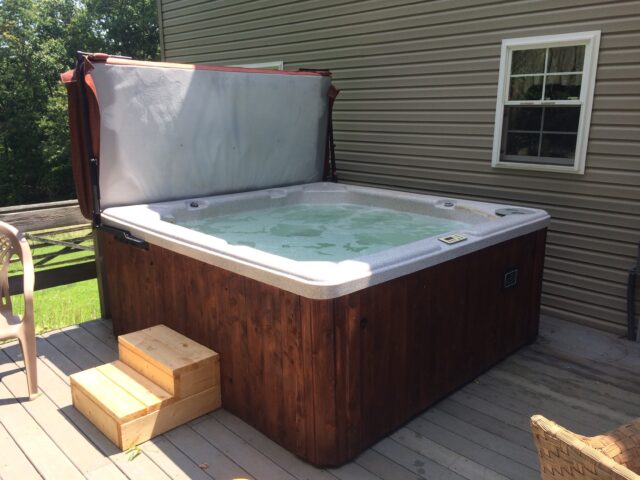
| Topic | 2025 (in effect) | 2026 (effective Jan 1, 2026) | Insurance Impact |
|---|---|---|---|
| Code basis | California Electrical Code aligned with prior NEC cycle and CA amendments; many jurisdictions still on the 2017 NEC lineage with local amendments. | State’s 2025 Triennial Code becomes effective Jan 1, 2026; aligns with newer NEC provisions plus California amendments. | Carriers increasingly ask which code cycle the pool was permitted/inspected under; newer cycle can reduce risk flags. |
| GFCI coverage | GFCI required for outlets within 20 ft, pump/motor circuits, pool cover motors, and underwater luminaires >15V. | Expanded scope likely: more pool-related circuits (automation, lighting transformers, auxiliary receptacles) fall under GFCI. | Missing GFCI is a common claim denial cause after shock incidents; expanded coverage lowers loss severity. |
| Bonding & equipotential grid | Bond all metallic parts (shell steel, rails, ladders, diving supports, metal piping, pump motors, etc.). | Tightened details expected for deck equipment, metallic conduit, and accessories near waterline. | Adjusters often request proof (photos/inspection notes). Proper bonding ≈ fewer shock allegations, smoother claims. |
| Underground wiring setbacks & burial | Keep wiring ≥5 ft from inside pool walls unless in approved raceway/encasement; typical covers: 6″ (RMC/IMC), 6″+4″ concrete (PVC within 5 ft), 18″ direct burial when allowed. | No wholesale change anticipated; expect clarifications on raceway types, corrosion protection, and routing near water features. | Non‑compliant routing is often deemed negligence; repairs from strikes (landscaping, digging) may be excluded if out of code. |
| Overhead line clearances | Communication lines ≥10 ft; power lines ≥22.5 ft above water/highest platform; local utilities may require more. | No expected change to core clearances; enforcement and utility coordination may be emphasized. | Building under low lines can void coverage or trigger exclusions until mitigated; carriers may require relocation/undergrounding. |
| Maintenance disconnect | In sight of the pool; generally ≥5 ft from water unless using special enclosures. | Expectation of clearer placement/labeling rules; lockable/disconnect means often specified by AHJ. | Absent or hidden disconnects slow emergency response; carriers may surcharge for poor serviceability. |
| Outlet (receptacle) locations | General-use: ≥20 ft, or ≥6 ft if GFCI; pump/motor receptacles 6–10 ft with WP covers; at least one GFCI within 6–10 ft for in‑ground pools. | Likely fewer exceptions and clearer definitions for measurements (water’s edge, platforms); emphasis on “in-use” covers. | Wrong placement is a top inspection failure; some carriers require corrective work before binding. |
| Lighting (underwater & perimeter) | NEC‑listed fixtures, proper niches, corrosion resistance, and grounding; low‑voltage rules apply. | Updates expected on isolation, transformer placement, and GFCI integration; clearer spa‑area ceiling fixture rules. | Water ingress/electrical faults near lighting are high‑severity; compliant luminaires reduce electrocution risk. |
| Spas & hot tubs (self‑contained) | Ceiling fixtures ≥12 ft (or ≥10 ft if GFCI); switches ≥5 ft; outlets GFCI within 10 ft, none closer than 6 ft without barriers. | Alignment with newer NEC clarifications on hydromassage units and indoor/outdoor distinctions. | Indoor spa retrofits often trigger electrical updates; proof of compliance helps preserve liability coverage. |
| Energy efficiency (pumps/controls) | Variable‑speed pumps widely recommended/required by energy codes; timers/automation encouraged. | More prescriptive energy rules likely (VS pumps, controls, efficient lighting). | Lower operating current and better controls reduce fire/equipment losses; some carriers offer credits. |
| Permitting & inspections | Final electrical inspection required before use; 2025 permits generally follow current cycle until expiration/scope change. | Permits issued on/after Jan 1, 2026 use the updated cycle; expired/changed projects may need to re‑comply. | Carriers may request permit finals and inspection sign‑offs; missing finals can delay or reduce payouts. |
| Documentation to keep | As‑builts, bonding grid photos, panel schedules, GFCI/AFCI lists, equipment cut sheets, inspection cards. | Same, plus any 2026‑specific conformity notes (e.g., expanded GFCI circuits, updated bonding points). | Good documentation = faster claims and fewer disputes over code compliance. |
Key: “Expanded/Tightened” reflects likely scope clarifications and broadened protection typical of newer NEC cycles plus California amendments. Always verify with your local Authority Having Jurisdiction (AHJ) and utility company.
Electrical safety is at the heart of pool construction and ownership in California. With the 2026 building code changes on the horizon, homeowners and contractors should plan ahead. Complying with the latest standards not only protects swimmers but also ensures smoother permitting, stronger property values, and better insurance outcomes. In short: building to tomorrow’s standards today is both the safer and smarter choice. Contact us today and find out how you can benefit from being a member of the California Pool Association.
The information provided on this website does not, and is not intended to, constitute as professional advice; instead, all information, content, and materials available on this site are for general informational purposes only. All liability with respect to actions taken or not taken based on the contents of this site are hereby expressly disclaimed.